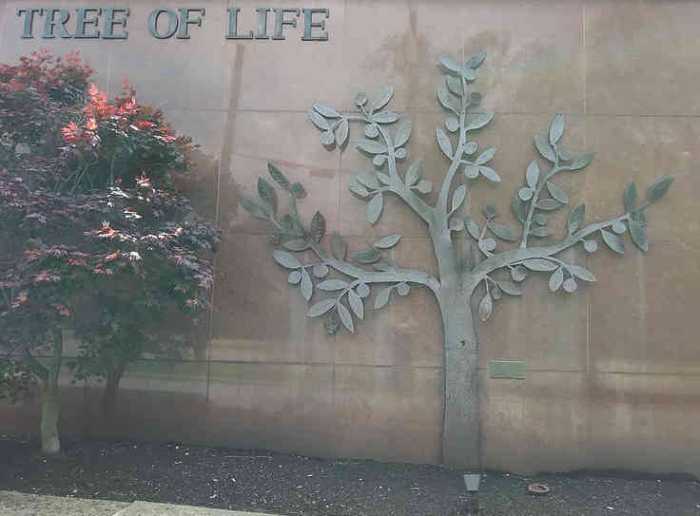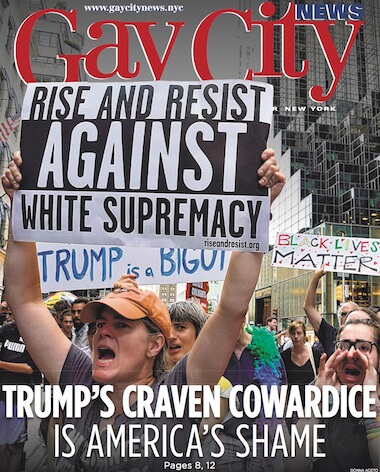President Nixon, shot in home movie style, during his 1972 trip to Beijing. | CNN FILMS/ CINEDIGM
BY STEVE ERICKSON | Most recent topical documentaries don’t provide an entry point for spectators who disagree with them. If you think that drones provide a more efficient and humane way of waging war and that targeted assassinations are a good idea, even if they sometimes wind up killing innocent people, you’re probably not going to get much out of Rick Rowley’s polemical documentary “Dirty Wars.”
At least in theory, “Our Nixon” is different. In her director’s statement, Penny Lane states, “The film asks you to sift through the fragments of history in order to reach your own conclusions.” She has also described it as “an anti-anti-Nixon film.”
CNN, which aired it about a month ago, no doubt became interested because it seemed likely to appeal to both liberals and conservatives. The result doesn’t achieve some sort of post-partisan wisdom, which it seems to be aiming for. Instead, it just feels wishy-washy, even hagiographic. In the end, it’s no better than Michael Moore’s smug certainties.
Penny Lane fails to make evenhandedness a virtue
The images of “Our Nixon” consist mostly of home movies shot by Nixon aides H. R. Haldeman, Dwight Chapin, and John Ehrlichman. This footage supplies behind-the-scenes glimpses of life as a cog in the Nixon administration, but no real revelations. The film also incorporates Nixon speeches, news footage from his presidency, and later interviews with its three protagonists. The soundtrack, which draws heavily on Nixon’s secret recordings, tends to overwhelm the images. In part, this is due to the relative visual crudity of the Super-8 home movies and primitive news video, but the home movies are also mostly banal. Lane’s matching of sound and image often seems random, as when squirrels frolic while Nixon discusses an anti-war protest.
“Our Nixon” plays with fire by rarely venturing outside the corridors of power. This is a defensible strategy, as documentaries like “The Autobiography of Nicolae Ceausescu” have turned propaganda against itself. More recently, “The Act of Killing” exposed the arrogance of unchecked power by giving its murderous subjects a chance to speak until they indicted themselves. “Our Nixon” includes one outburst of outrageous homophobia from Nixon, but it generally presents a sanitized version of the president. It never addresses his anti-Semitism. When Chapin says that Nixon really wanted to end the Vietnam War quickly and that anti-war protesters actually made this more difficult, the limits of Lane’s perspective become glaring.
Whatever one’s opinion of Nixon, there’s not much in “Our Nixon” that’s likely to challenge it. It’s essentially a collection of the president’s “greatest hits,” some of them undeniably benign (landing a man on the moon, breaking the taboo against American politicians going to China.) The film does attempt to humanize the president by giving some sense of what it was like to work with him on a daily basis.
Liberals can go home happy that “Our Nixon” eventually turns against the president in its final half hour, which addresses Watergate and the prison terms of Chapin, Haldeman, and Ehrlichman. Conservatives can be grateful that it’s not a hatchet job on Nixon, although the president’s brother Ed criticized the film after its CNN broadcast.
As for me, I’ll take Robert Altman’s fictional vision of a paranoid Nixon ranting into his tape recorders in “Secret Honor.” It may not be literally true, but it digs much deeper into the flaws merely hinted at in “Our Nixon.”
OUR NIXON | Directed by Penny Lane | CNN Films/ Cinedigm | Opens Aug. 30 | IFC Center, 323 Sixth Ave. at W. Third St. | ifccenter.com



































